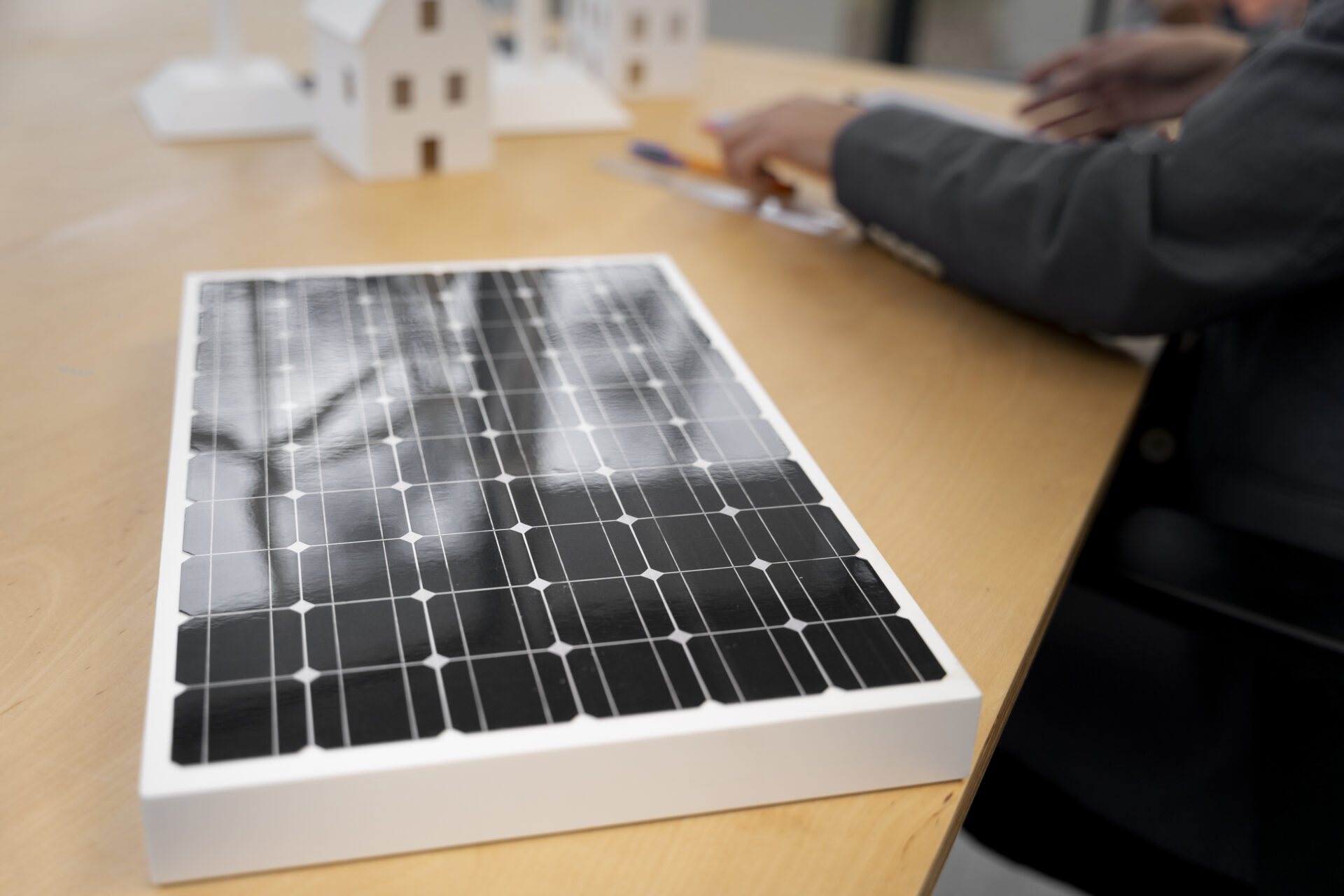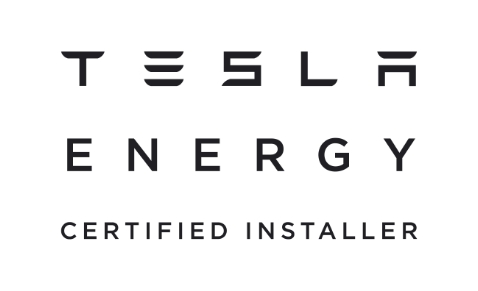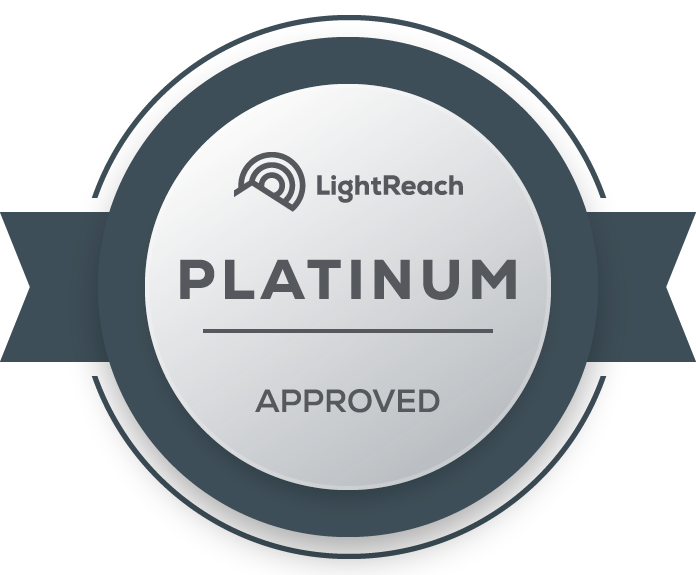Arizona, known for its abundant sunshine, offers a prime opportunity for homeowners to take advantage of solar energy. With over 300 sunny days per year, the state has become a leading area for solar adoption, making it an ideal location to explore the benefits and impact of solar power on residential homes. For those considering solar energy, Arizona offers numerous financial incentives, environmental benefits, and long-term savings, making it an attractive option for sustainable living.
Why Arizona is Ideal for Solar Power
Arizona’s unique climate and geography create the perfect conditions for solar power. The state ranks among the top states for solar power potential due to:
- High Sun Exposure: With more than 3,800 hours of sunshine each year, solar panels can operate at their maximum potential.
- Reduced Shade from Dense Vegetation: The desert environment often means fewer obstacles blocking the sun, enabling greater solar efficiency.
- High Energy Demand: Given the intense summer heat, Arizona households frequently use air conditioning, leading to high energy consumption. Solar can offset these energy demands, reducing reliance on the grid.
Financial Incentives for Going Solar
Arizona offers several financial incentives that make installing solar panels more affordable for homeowners.
- Federal Solar Tax Credit (ITC): Homeowners can claim a percentage of their total installation costs on their federal taxes, reducing the upfront financial burden of going solar.
- Arizona State Tax Credit: Arizona residents can claim a percentage for a state tax credit, up to $1,000, further lowering the initial investment.
- Net Metering: Although Arizona’s net metering policies have changed over the years, utility companies still offer credit systems for solar owners who contribute excess energy to the grid. This means homeowners can offset future utility costs, maximizing their investment.
- Property Tax Exemptions: Arizona provides a property tax exemption for solar installations, meaning the added value from installing solar panels won’t increase the homeowner’s property taxes.
- Sales Tax Exemption: Solar equipment is exempt from state sales tax, saving homeowners around 5.6% on installation costs.
Long-Term Savings and Financial Returns
While solar panel installation can seem like a significant investment, the long-term savings make it worthwhile. Typically, Arizona homeowners can expect to see a return on investment within 7-10 years due to:
- Reduced Monthly Utility Bills: Solar power allows homeowners to produce much of their own electricity, drastically reducing energy bills. As Arizona sees some of the highest energy costs during the summer, these savings can be substantial.
- Increased Property Value: Solar panels are an attractive feature in Arizona’s real estate market. According to research, homes with solar panels sell faster and often at a premium compared to those without.
- Protection Against Rising Energy Prices: By generating their own electricity, homeowners are less affected by future energy price increases.
Environmental Benefits of Solar Energy
Arizona residents can play a direct role in reducing environmental impact by going solar. The state’s energy supply still relies on a mix of natural gas and coal, which emit carbon dioxide and other pollutants. Switching to solar reduces a homeowner’s carbon footprint by:
- Lowering Carbon Emissions: Each solar-powered home decreases the need for fossil fuel-generated electricity, cutting down on greenhouse gas emissions.
- Reducing Water Usage: Traditional power generation requires substantial water resources. Solar, on the other hand, requires no water to generate electricity, making it especially valuable in water-scarce regions like Arizona.
- Promoting Sustainable Energy: As more households adopt solar, Arizona can move closer to meeting renewable energy goals, decreasing the state’s dependence on non-renewable resources.
Technological Advancements in Solar for Homes
Solar technology has rapidly evolved, increasing efficiency and lowering costs. Some of the latest advancements include:
- High-Efficiency Panels: New solar panels convert more sunlight into electricity, making them ideal for homes with limited roof space.
- Battery Storage Solutions: Batteries allow homeowners to store excess solar energy for use during peak demand hours or at night, providing energy independence.
- Smart Inverters: These devices optimize energy production and distribution, ensuring homeowners get the most out of their solar system.
- Solar Tracking Systems: Though more common in larger installations, solar tracking can maximize energy production by following the sun’s path.
Factors to Consider Before Installation
While solar energy has many benefits, homeowners should consider several factors before making the investment.
- Upfront Costs: Although incentives help, solar panel installation can still be a costly endeavor. Many companies, however, offer financing options, including leases and power purchase agreements (PPAs).
- Roof Condition: Solar panels are typically warranted for 25 years, so it’s essential that the roof is in good condition before installation.
- Energy Needs: Homeowners should evaluate their typical energy consumption. Larger homes or homes with high energy demands might require more panels.
- Local Regulations and HOA Restrictions: While Arizona is generally supportive of solar power, it’s still wise to check local regulations or any potential HOA limitations.
The Solar Installation Process
Solar panel installation is straightforward when working with an experienced installer. Here’s a brief overview of what to expect:
- Assessment and Consultation: The installer will assess the roof, energy needs, and available incentives.
- Design and Permitting: The company designs a system tailored to the homeowner’s needs and applies for permits.
- Installation: The installation itself generally takes a few days, depending on the complexity and size of the system.
- Inspection and Connection: Finally, the system is inspected and connected to the grid. Once operational, homeowners can start generating their own electricity.
Solar power is an excellent investment for Arizona homeowners, offering financial savings, environmental benefits, and the opportunity for increased energy independence. With supportive state policies, ample sunshine, and advancing technology, Arizona remains one of the best places in the U.S. for solar adoption. By making the switch, residents can take control of their energy use, reduce their environmental footprint, and enjoy the benefits of renewable energy for years to come.








